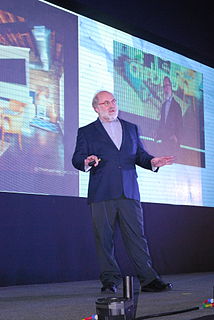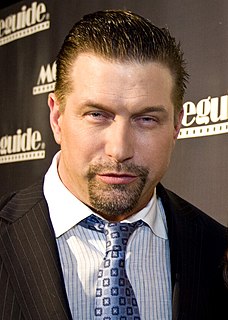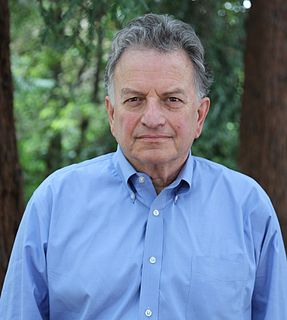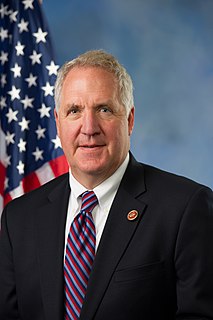A Quote by Rupert Murdoch
We're not a manufacturer, or an airline, but we do use energy. Printing and publishing newspapers, producing films and television programs, operating 24-hour newsrooms. It all adds carbon to the atmosphere.
Related Quotes
I'm excited to create more awareness about the importance of giving the youth of America a choice. There's a 24-hour music channel. There's a 24-hour comedy channel. I believe there's a 24-hour gay channel coming. Why isn't there a 24-hour Christian channel that's edgy and hip and cool and new and different, like all that other stuff?
The first thing we can do as individuals and as communities, like a school or a university or a church, is cut our energy use. Do an energy audit or measure our carbon footprint using online carbon calculators that are free, easy, and cheap. Get a list of the ways that we can stop wasting so much energy and save money.
I have quite a bit of experience reporting on corporate behavior, both doing it with independent operations in early in my career, in the underground press, to magazines like 'Rolling Stone,' to regional newspapers and television, and television news programs, to papers like the 'New York Times' and public television.
We believe that part of the answer lies in pricing energy on the basis of its full costs to society. One reason we use energy so lavishly today is that the price of energy does not include all of the social costs of producing it. The costs incurred in protecting the environment and the health and safety of workers, for example, are part of the real costs of producing energy-but they are not now all included in the price of the product.
We have to be bringing carbon out of the atmosphere, and we can't wait for these magical technologies that are somehow going to suck the carbon out of the atmosphere in the future and mean we can do business as usual. And so, what we have to do, what we're going to need to do, is really work with nature to repair the climate.
The essential fact which emerges ... is that the three smallest and most active reservoirs ( of carbon in the global carbon cycle), the atmosphere, the plants and the soil, are all of roughly the same size. This means that large human disturbance of any one of these reservoirs will have large effects on all three. We cannot hope either to understand or to manage the carbon in the atmosphere unless we understand and manage the trees and the soil too.




































